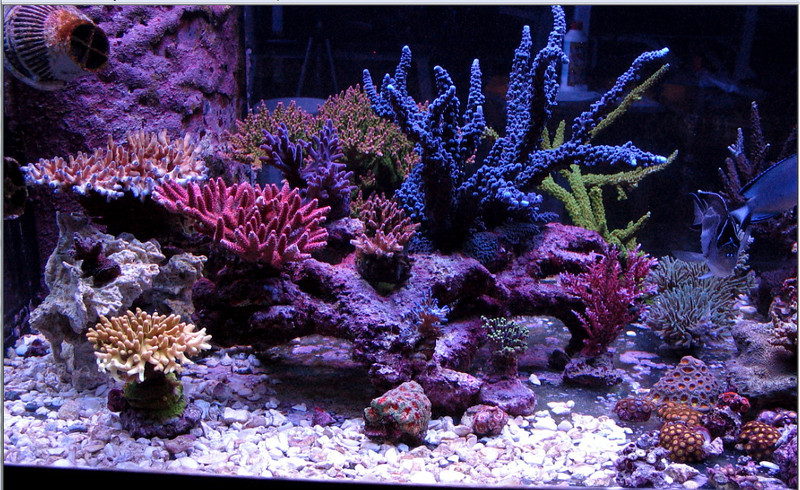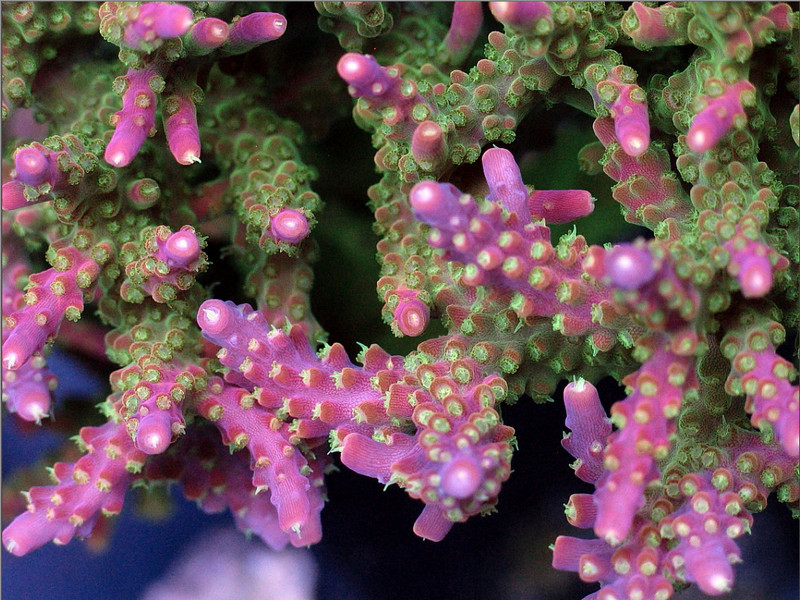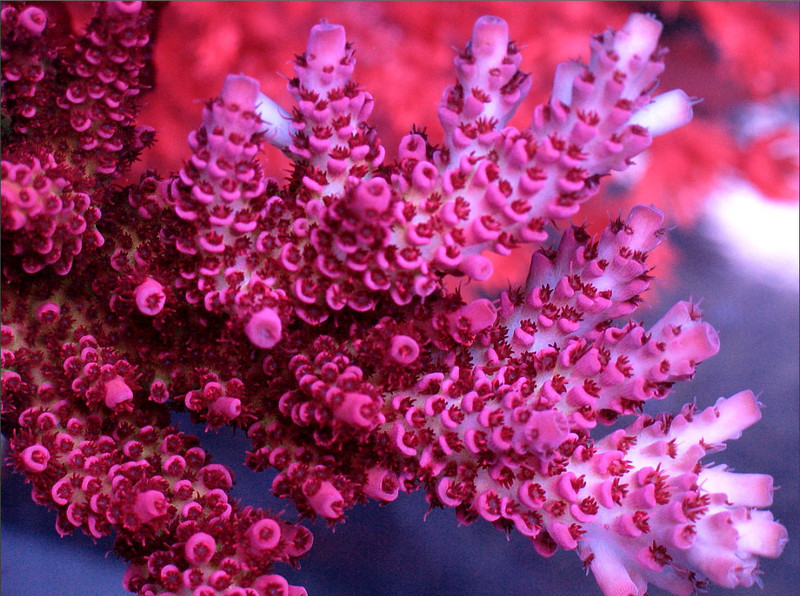yes sir Running all three for sure, individually. I've pretty much had the same success under all three as well. Minor trade offs but nothing that would make me say one is far superior.
Are you keeping the same types of corals under all three or do you keep different corals under different lighting types?





















